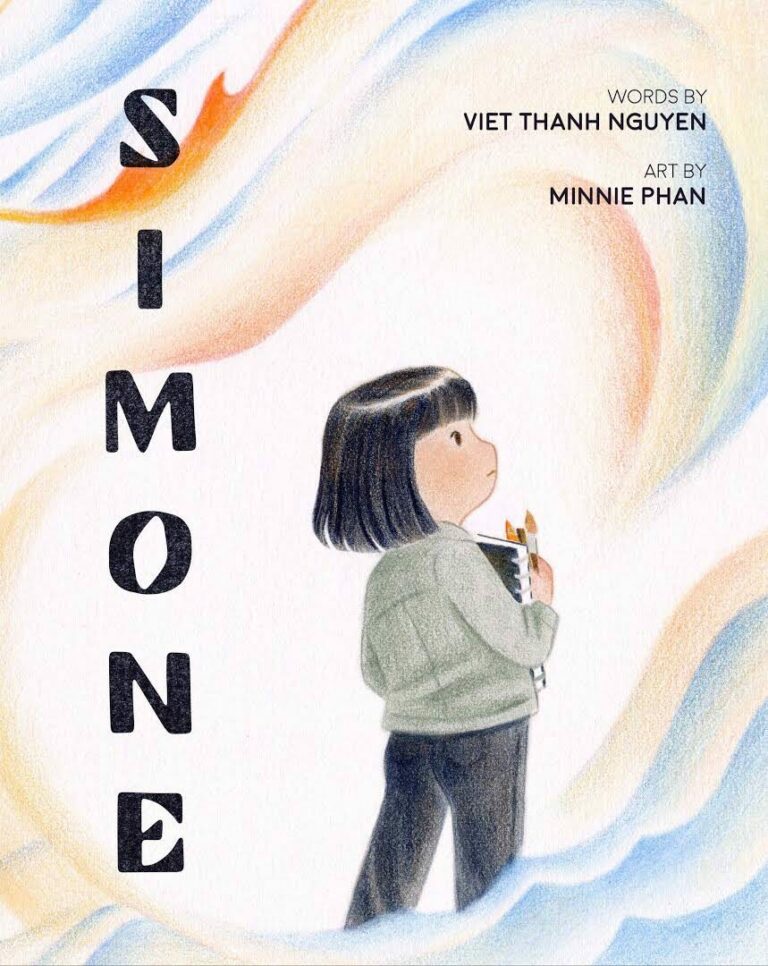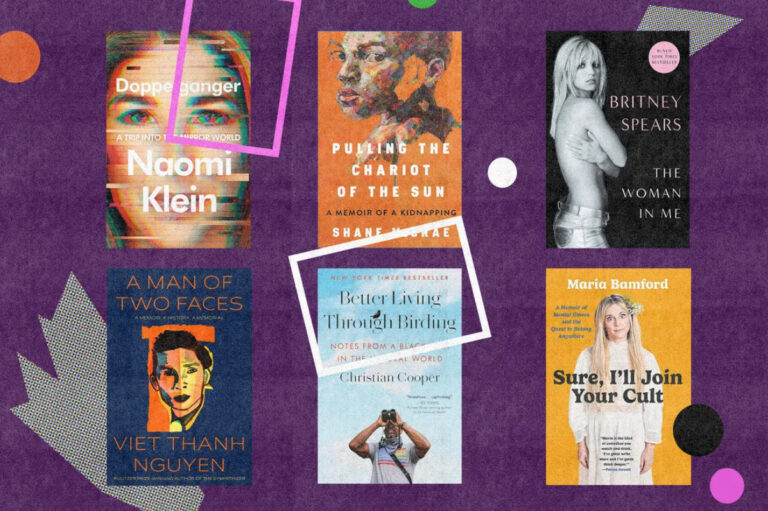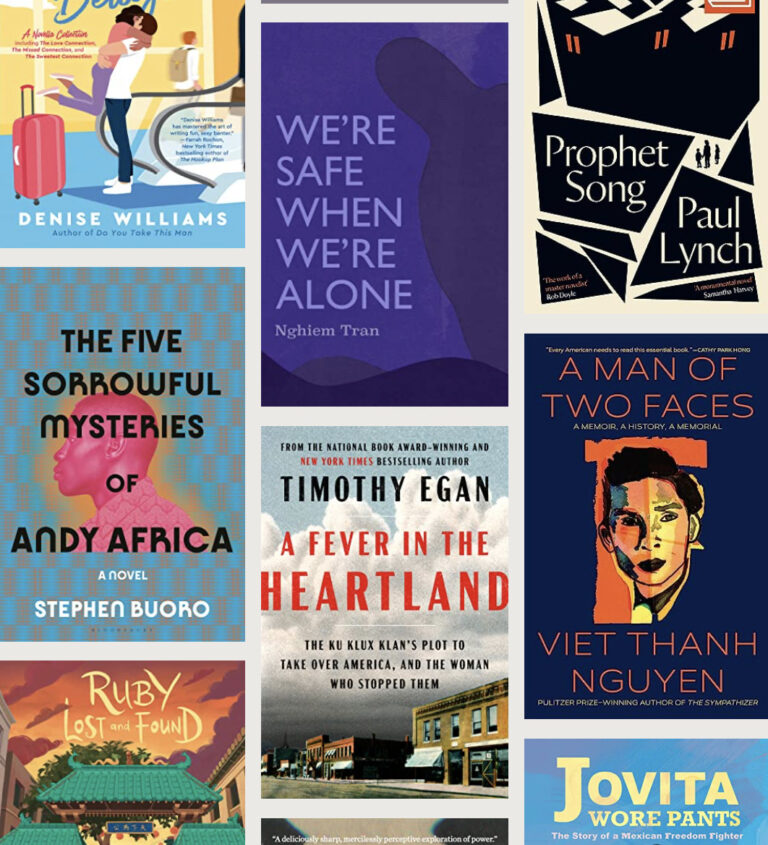Lee Xin En reviews The Sympathizer for The Straits Times.

American-born Vietnamese writer (correction: Vietnamese-born, Vietnamese-American writer) Viet Thanh Nguyen’s debut novel on the Vietnam War is a sorely needed, intelligent novel about the complexities of war, beliefs and ideology through the eyes of a complex protagonist.
It fills the gap in Vietnam war literature written from a European or American point of view with a memorable central character: a Vietnamese spy who provides perspectives from both the pro-American South Vietnamese army and the Communist Vietcong.
The unnamed narrator is ostensibly a trusted captain to the general of the South Vietnamese army, but is in fact an undercover spy for the Vietcong.
He flees war-torn Saigon for Los Angeles, where he becomes a consultant of a Hollywood film, clearly based on the movie Apocalypse Now, in an attempt to help improve representations of the Vietnamese.
Nguyen, author of an academic book Race And Resistance, is a keen observer of American culture.
In his novel, the dominant American understanding of racial identity and representations is relentlessly questioned and mocked.
The Hollywood film director, for example, chooses to film his Vietnam War epic in the Philippines.
The reason? Because “authen- ticity’s important”, but “not that authenticity beats imagination”.
This could get tiresome, but luckily Nguyen has a good turn of phrase, undercutting the question of race with humorous observation of American cultures.
For example, the narrator observes that the effect of the British accent “affected Americans the way a dog whistle stimulated canines”.
The Sympathizer is very aware of its place in the war literature canon. Graham Greene’s iconic novel The Quiet American is the unnamed narrator’s undergraduate thesis. At one point, he takes offence at the novel’s passive central character Phuong.
“The Vietnamese girl, all she does is prepare opium, read picture books and twitter like a bird,” he complains to a friend. “Have you ever met a Vietnamese girl like her? If so, please introduce me. All the ones I meet can’t keep their mouths shut in or out of bed.”
There is no question that Nguyen’s is a dazzling work. His best passages pulsed with love for his native Saigon and the tenacity of the Vietnamese.
In an evocative scene as a group of homesick Vietnamese refugees listen to Nancy Sinatra’s Bang Bang layered with a Vietnamese classic titled We Will Never Forget, he writes: “Bang bang was the sound of memory’s pistol firing into our heads, for we could not forget love, we could not forget war, we could not forget the caramel flavor of iced coffee with coarse sugar, the hills afire with sunset… the most important thing we could never forget was that we could never forget.”
If you like this, read: The Quiet American by Graham Greene (2002, Penguin Group, $23.46, Books Kinokuniya), an anti-war work inspired by the writer’s reporting experiences during the devastating Vietnam War.


